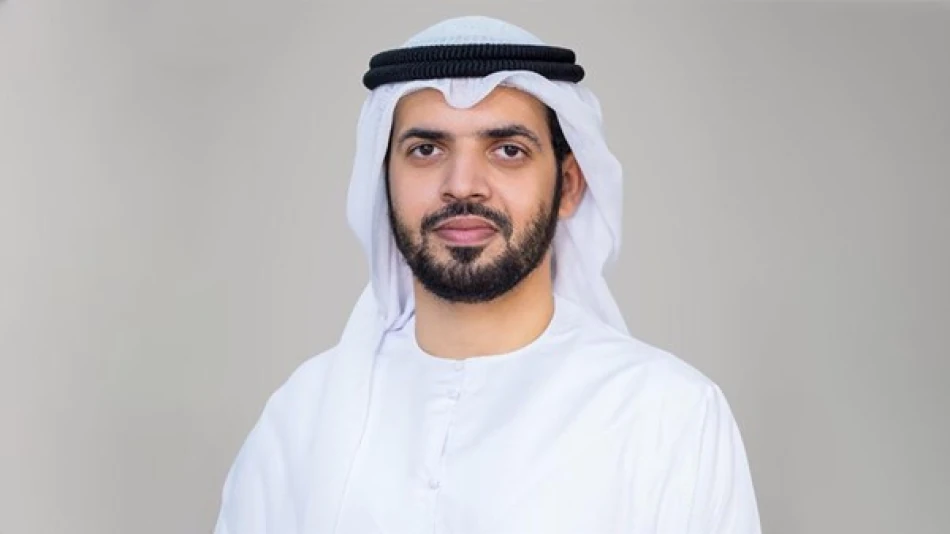
Islamic Affairs, Endowments, and Zakat Authority Allocates AED 103 Million in Zakat Funds for First Half of Year
UAE Distributes $28 Million in Zakat to 6,500 Families in First Half of 2025
The UAE's General Authority of Islamic Affairs, Endowments and Zakat has distributed over 103 million dirhams ($28 million) in religious charity funds to more than 6,500 eligible families during the first six months of 2025, supporting over 24,000 individuals through 20 approved zakat projects. The comprehensive distribution highlights the Emirates' systematic approach to Islamic social welfare and reflects growing institutional capacity in managing religious obligations.
Strategic Distribution Across Social Categories
The authority's distribution strategy targeted specific vulnerable groups, with low-income families receiving the largest allocation of 17.4 million dirhams ($4.7 million), benefiting 1,383 families comprising 4,846 individuals. Female Emirati citizens married to non-citizens received 16.1 million dirhams for 485 families, while divorced women obtained 11.9 million dirhams supporting 524 families.
Unemployed individuals and university students represented significant categories, receiving 7.8 million and 7.7 million dirhams respectively. Medical patients accessed 6.9 million dirhams in support, while elderly citizens and residents received over 6.5 million dirhams across 314 cases.
Educational and Healthcare Priorities
The allocation demonstrates clear priorities toward education and healthcare, with university students receiving substantial support averaging approximately 42,000 dirhams per individual. School students from 187 families received over 1 million dirhams, while medical patients averaged around 42,000 dirhams each in assistance.
Institutional Governance and Transparency
Dr. Omar Habtoor Al Darei, Chairman of the General Authority, emphasized the institution's commitment to transparency and accountability. The authority implements a multi-layered approval process beginning with desk research, followed by field investigations by specialized social researchers, departmental approvals, and final committee authorization.
All transactions undergo internal auditing, external auditing, and review by the State Audit Institution, creating multiple oversight layers that exceed standards in many international charitable organizations.
Digital Infrastructure Development
The authority continues investing in digital and research systems to enhance zakat spending efficiency and sustainability. This technological focus positions the UAE ahead of regional peers in modernizing Islamic financial institutions and could serve as a model for other Gulf states developing similar frameworks.
Regional Context and Implications
The UAE's systematic approach to zakat distribution contrasts with less formalized systems in neighboring countries. Unlike Saudi Arabia's primarily government-funded social programs or Qatar's more traditional charitable structures, the UAE has created a hybrid model combining religious obligations with modern governance standards.
The 103 million dirham distribution represents approximately 0.02% of the UAE's GDP, suggesting significant potential for expansion as the Muslim population grows and institutional trust increases. The detailed categorical breakdown indicates sophisticated targeting mechanisms that could inform social policy development across the region.
Economic and Social Impact
With an average family size of 3.7 individuals among beneficiaries, the program reaches approximately 0.24% of the UAE's total population. The focus on education, healthcare, and unemployment support aligns with broader national development objectives and demonstrates how religious institutions can complement government social services.
The authority's emphasis on sustainability and efficiency suggests plans for expansion, particularly as the UAE's Muslim population grows and economic diversification creates new categories of need. The detailed reporting and governance structures position the institution for potential international partnerships and knowledge sharing with Islamic financial institutions globally.
Most Viewed News

 Layla Al Mansoori
Layla Al Mansoori






